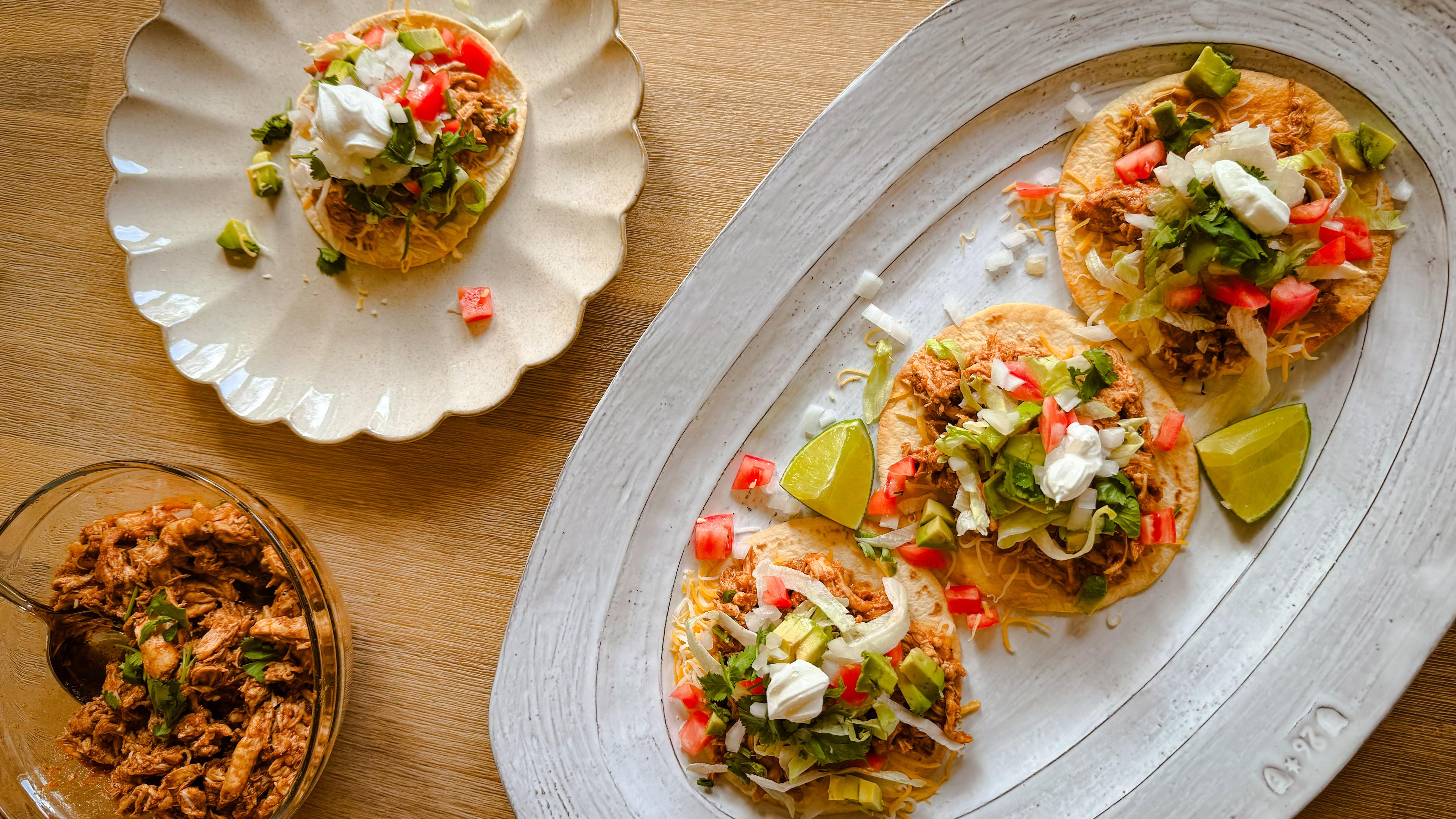The Link Between Stress and Nutrition

Shanthi Appelo, MS, RD
| 3 min read

By: Shanthi Appelö, registered dietitian and health and wellness spokesperson at Blue Cross Blue Shield of Michigan
The link between stress and nutrition is bi-directional, meaning they both affect each other. Stress can affect our eating habits, especially the chances of unhealthy choices or overeating. Additionally, poor nutrition and diet choices can exacerbate or increase levels of stress. According to a 2020 review study, stress affects nutrition by:
- Contributing to changes in appetite, overeating or a loss of appetite
- Disrupting digestion and nutrient absorption, lowering the ability of the body to use nutrients effectively
- Increasing cortisol levels, which may lead to increased cravings for unhealthy foods
Stress can also affect the metabolism, with higher levels of stress correlating with reduced calories burned. Researchers found that metabolic changes due to stressors the day before a high-fat meal could result in a 11-pound weight gain over a year. High stress and poor nutrition in tandem can have a compounded negative affect.
Nutritional Strategies to Combat Stress
Improving nutrition is a good strategy to combat stress levels. Consider the following nutritional strategies for combatting stress:
- Consuming a balanced diet rich in whole foods, including fruits, vegetables, lean proteins and whole grains, can provide essential nutrients that support the body during times of stress.
- Incorporating foods high in omega-3 fatty acids, such as salmon, walnuts and flaxseeds, may help reduce inflammation and promote brain health, potentially reducing stress.
- Foods rich in magnesium, such as nuts and seeds, spinach, black beans and avocado may help regulate cortisol levels and promote relaxation. More research is needed to learn more, but there is an association between magnesium levels dropping and times of high stress.
- Complex carbohydrates like whole grains can help stabilize blood sugar levels and provide sustained energy, reducing the likelihood of stress-induced cravings.
- Including probiotic-rich foods like yogurt or fermented vegetables may support gut health, which has been linked to mood regulation and stress management.
Making Eating Healthy Easier
To follow through with nutritional strategies for stress management, it’s important to set goals. Here are some ideas to make eating healthy simpler:
- Meal prepping and keeping healthy foods front and center in the pantry and fridge.
- Keeping pre-portioned healthy snacks handy such as pre-cut veggies and crackers with hummus or cut fruit to make the healthy choice the easy choice.
- Keeping meal routines consistent and avoiding skipping meals help maintain energy levels and mood.
Nutrient-Rich Diets for Physical and Mental Well-Being
Focusing on a nutrient-dense diet can support both physical and mental well-being during times of stress. When stress affects how efficiently the body absorbs nutrients, eating low-nutrient foods is not going to help combat high stress levels. Here are some nutrient-rich foods to consume during times of stress:
• Leafy greens like spinach and kale
• Berries rich in antioxidants, such as blueberries and strawberries
• Nuts and seeds like almonds, walnuts and flaxseeds
• Fatty fish like salmon
• Whole grains like oats, quinoa and brown rice
• Avocado, a source of healthy fats and magnesium
• Greek yogurt for probiotics
• Dark chocolate (in moderation)
Shanthi Appelö is a registered dietitian and health and wellness spokesperson at Blue Cross Blue Shield of Michigan. For more health tips and information, visit AHealthierMichigan.org.





